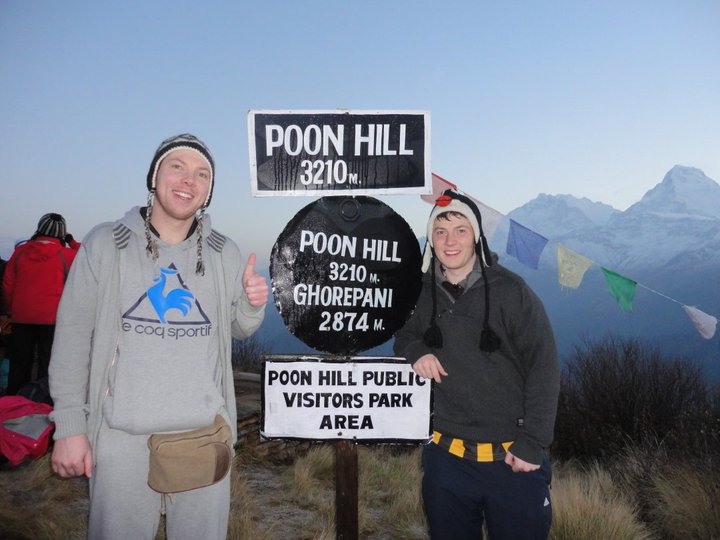
I know there's been something of a communications black-out of late. That's chiefly been down to me taking some time off from the lab and visiting Nepal. But I have also been doing some vaguely science-y stuff, which I'd like to share:
BABY'S FIRST GRANT
This has been taking up the bulk of my time lately, as I attempt to write my first Fellowship Application. In truth, this was only a preliminary application, not even a full one!! Despite it only being a two page proposal, plus CV, letter of support and costings, it has still taken me the best part of three months to put together! And I am dreading the thought of having to write the full one (should I be accepted)!
Still, this was a very important step in my career development. Essentially, I have finally decided to pursue whole-heartedly an academic career, at least until I become too experience to be eligible for the "easy" Fellowships, those aimed specifically at postdocs within 6-10 years of their viva who have never held a permanent post.
I'm nearing three years post-viva, so it is high time I started writing some of my own Fellowships. However it can be a daunting task. First, you have to convince yourself that you have a good idea. Then, more importantly, you have to convince you boss to give you some time and money to investigate this idea. In my case, I also had to beg a biologist to let me play in his tissue-culture lab, which he was happy to do until my first infection!! Since then, I've been on the naughty step!!
Then there's the politics. The Head of the Department, the Head of School all have to sign off on a multitude of forms and when you're based in a Department that is not primarily chemistry focussed, it can be quite challenging to make them understand your work and the resources you will need to conduct it. This is also worrying because the review panel will also be made up of non-experts, and if you can't explain your idea to a colleague, you'll never be able to explain it to a stranger in only two pages!! I lost quite a bit of sleep over the one!!
Finally there's the Finance Office. God love them, I know they're busy. But they can add extra stress on a situation, so I strongly reccomend you contact them as early in the process as possible. In my case, due to a variety of factors including a fall down some stairs, I ended up calling them at 4 pm on Wednesday with the deadline on Friday and Thursday being St. Patrick's Day. Whoops!!!
All in all though, nice to have the experience on the CV and hopefully I will be invited to submit the full application in a few short weeks. Admittedly, I won't get to see any money (even if I'm successful) until the New Year, but it would definitely be an open option as my contract nears completion.
AWARDS COMMITTEE
Without going into too much detail, I was involved in the review of nominations for three RSC awards this year. This was a fascinating experience, which both intimidated and inspired me. Reading the CV's and publications lists of some of the world's top chemists was a bit scary, but also gave me a great insight into the hot topics in my field at the moment, as well as the key players.
Of course, there can only be one winner, but the standard for the awards I looked at was incredibly high, especially from relatively younger chemists. I can only hope to have reached that level of success myself in the next ten years or so!!
POSTDOC ISSUES
I recently attended a fascinating meeting held by the Irish Research Staff Association (don't worry, the UK has one too!!). The presence of such prominent figures such as Stefaan Hermans (European Commission, Research & Innovation), Iain Cameron (Head of Research Councils UK Research Careers & Diversity Unit), Patrick Cunningham (Chief Scientific Advisor to the Irish Government) and Minister for Education Ruairí Quinn to name but a few, underlined the importance of contract research staff to the Irish and global economy.
Postdocs around the world all face the same issues and it only through organisations such as the
IRSA,
UKRSA,
Eurodoc and the
NPA that we can achieve the lobbying power at all levels (departmental, university, funding bodies, government) that we will need to affect any real changes to the system. There is plenty of information available through the organisations I've just mentioned should readers be interested in getting involved, and I strongly encourage them to do so.
By the way, the UKRSA has already identifed the RSC as a stakeholder organisation and is in the process of forming formal links, mainly through myself and Mindy Dulai.